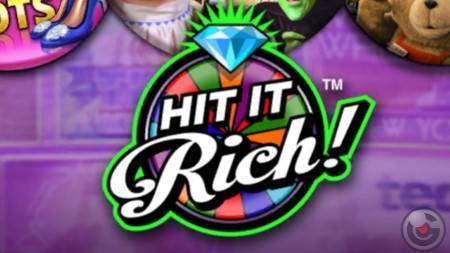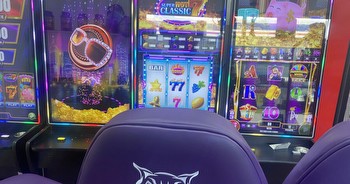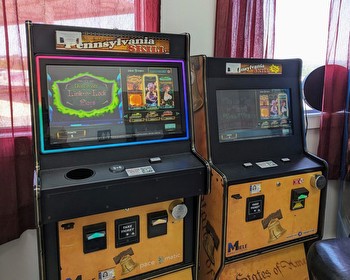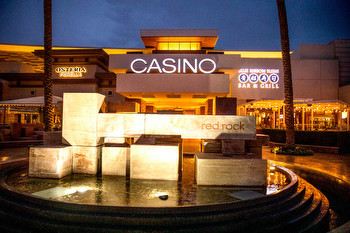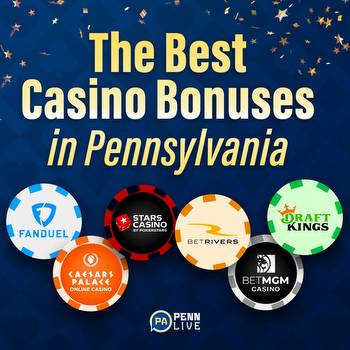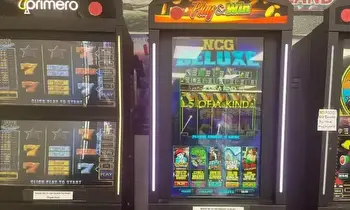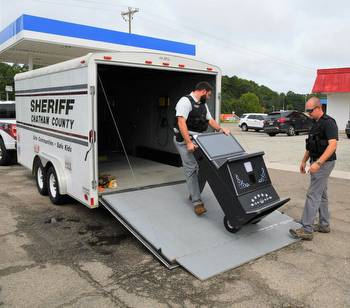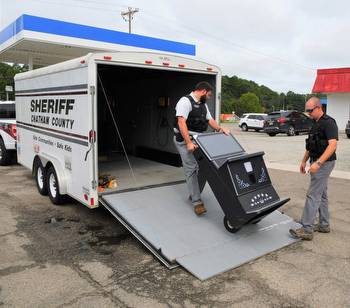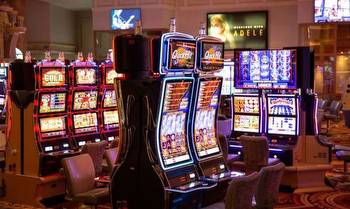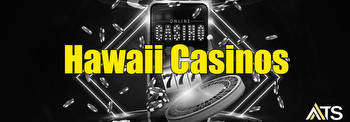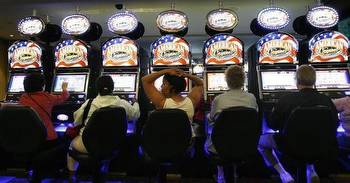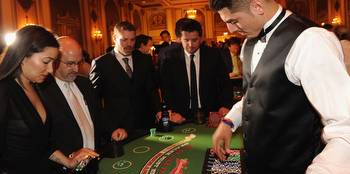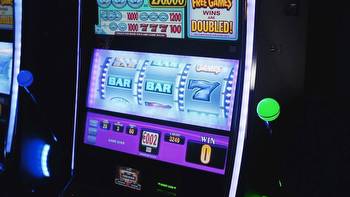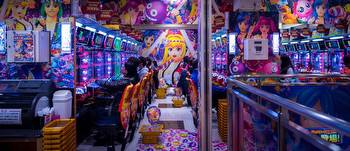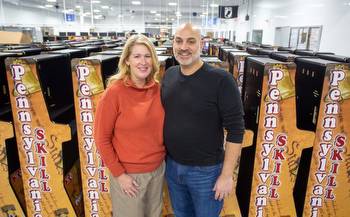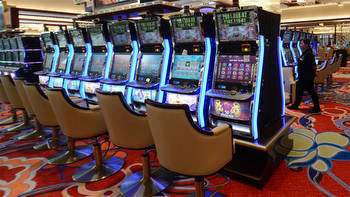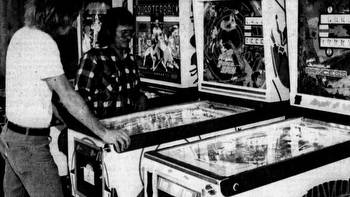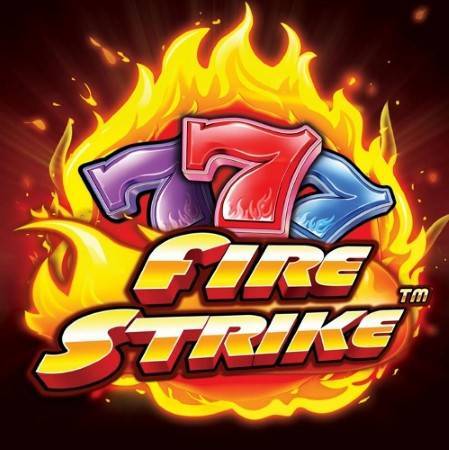Gas Station Slot Machines: Should You Play?
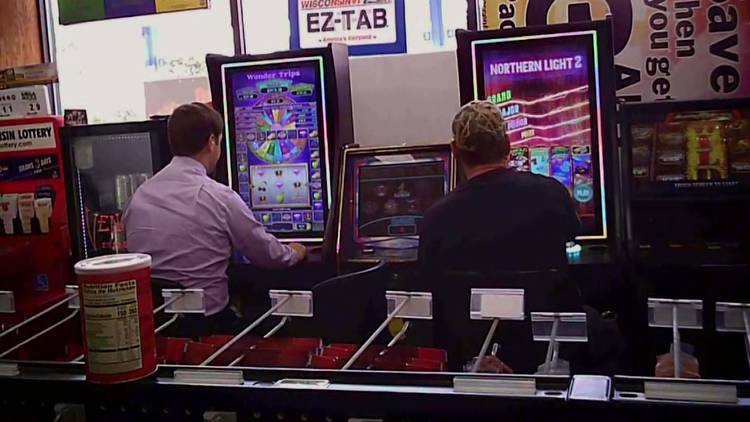
Before you ask ‘Should I play Gas station slots’, let’s take a quick look at exactly what they are. Gas station slot machines are just the newest in a rather long line of gambling devices that purport to be skill games or arcade machines. This includes the pinball machine, a notorious gambling device for most of the 20th century, not the benevolent king of the arcade we know today.
They attempt to add a layer of skill to allow the machine to exist in a sort of a legal grey area that has been well-plied by its predecessors that are as diverse as Skeeball, Pachinko, and even the type three gaming devices/bingo card slots once favored by American Indian Tribes before the Indian Gaming Regulatory Act.
Instead of flippers, or steel balls and pegs, today’s “skill” based machines are typically tests of memory, aka the Simon game from the late 70s or Shoot’em style affairs that reward you on targets hit before time runs out. While often entertaining, these bonus rounds have minimal effect on your long-term return to player (RTP), the amount you typically get back after each play.
In some states like Nevada, Louisiana, West Virginia, and Illinois, actual slot machines/VGTs can be found in various other venues other than just land-based casinos. Depending on the state, they can be found in gas stations, truck stops, restaurants, bars, and even ice cream shops.
These are all licensed and monitored by the state. They will need to meet some RTP minimum that the state and the operators have agreed upon is mutually beneficial to the gamblers and the operators. They will be inspected and taxed by the state’s gaming authority.
In contrast, states like Pennsylvania, Texas, Georgia, Florida, and Kentucky have seen a slew of gas station slots or unregulated skill games installed not only in gas stations but VFWs and the local pizza parlor and, in some extreme cases, entire storefronts at the local mini-mall.
More importantly, these are not regulated and do not disclose their RTP to players. They also are not inspected by the state or licensed in any way and can sometimes be subject to seizure by local authorities.
Pennsylvania, in particular, has been quite adamant about raiding skill machine locations, though some recent court losses may slow them down a bit. In contrast, Florida and Georgia have seen a much more tepid police response, often only driven by other crimes like drugs or sex work.
What this latest generation of gambling devices brings that the old skeeball parlors in Atlantic City or the pinball arcades of Chicago didn’t have is technology. It’s quite common now that these machines have player card readers and a sophisticated back-of-house player management program.
These cards can then be tied to email campaigns and specialized offers for high rollers. In many cases, they offer some of the same perks seen in a traditional casino players club, such as coupons for drinks or food, discounts on gas or other services provided by the sponsoring merchants, or even cash back or free play.
In addition, companies like Paceomatic, one of the largest suppliers of skill-based machines in the country, offer state-of-the-art cash management systems, encrypted ticket, and ticket redemption services, and route management systems, that do much of the bookkeeping and avoid much of the skimming that these operations saw just a decade or two ago.
This increased profitability and newly available options to spur customer loyalty have enabled operators that embrace technology to see a dramatic boost in business and increased the interest of others in opening yet even more locations.
The odds of a Cossack vs. City of LA type of legal case where the California Supreme Court in 1974 found that Pinball was predominately a game of chance was never very likely in the case of these “skill” type games. They inhabit a much more legal gray area than Pinball ever did.
Instead, it’s been a bitter, protracted legal quagmire often fought in County and Circuit courts of individual states. Pennsylvania’s Liquor Control Board has seized hundreds of these machines in the past decade but has lost in cases in at least four county courts where judges have upheld these machines as games of skill and ordered the machines returned.
In Florida, there seems to be much less luck in branding these machines as games of skill, and most court cases end in the destruction of machines, though not always criminal charges. They are much more likely to act only when other laws are broken. But the proliferation of these machines will likely lead to increased enforcement action as thousands of machines are added to locations yearly.
Georgia has a grayer than most set of laws around skill slot machines. In a sort of love-hate relationship, they have a legal route through the Georgia Lottery Commission to possess and offer these machines in some locations. Still, they can only pay out in discounts or lottery tickets. However, in just the first half of 2023, they seized more than 500 of these machines from route operator Lucky Bucks for various perceived infractions, forcing them into bankruptcy. Meanwhile, skill slots not operated by the GLC continue to flourish.
These are just a few examples of the various state travails with gas station slots’ menace. As they continue their slow march across the south and east, there will most certainly be more legal flair-ups, especially as states like Virginia act to protect the golden egg that is their new casinos and as states like North Carolina carefully weigh the options to all of that money being bet out of state.
In the meantime, the Skill slot machine operators’ approach is that they will be as pernicious and stubborn as possible while hoping that the various state’s constant need for revenue will eventually allow them a possible legal route to taxation and acceptance.
Unregulated and unlicensed slots without published payback are not a great use of your gambling dollar. That being said, some manufacturers and operators are owning up to a much more responsible product than others.
If you can’t resist the siren song of a slot machine just a few blocks away, at least educate yourself on the manufacturer and their response to calls for regulation. Companies that clearly focus on a long-term future and champion increased oversight and taxation are less likely to sell a product with a substantial built-in player disadvantage.
They are also more likely to produce a product that has a bit more of that skill baked into the gameplay, though again, don’t expect that to be more than four or five percent of your total return. Also, you should closely evaluate the various offers and perks offered to see if they can help offset some of the costs associated with not being exactly sure how much of an advantage these slot machines have.
What if you wanted to buy a slot machine for your home so that you could practice the skill round and potentially up your winnings? As mentioned, the skill round plays a very small part in the house advantage against you, but it raises another interesting legal question.
Are skill-based slots legal to own in your home if not used for gambling, and is this a way around the rules and regulations some 38 states have on slot machines displayed for personal use? About ten states ban slot machines outright, and the remaining ones generally require that slot machines be at least twenty-five years old before you can buy them for your home, but could the skill-based slots be a way of getting newer and slicker machines to slate your gambling desires without leaving home?
That is a question for a lawyer to answer, but we can tell you that most of the machine manufacturers we talked with were open to personal sales regardless of location. In contrast, others only sell large bulk orders to distributors or even lease the machines in return for a percent of the win.







